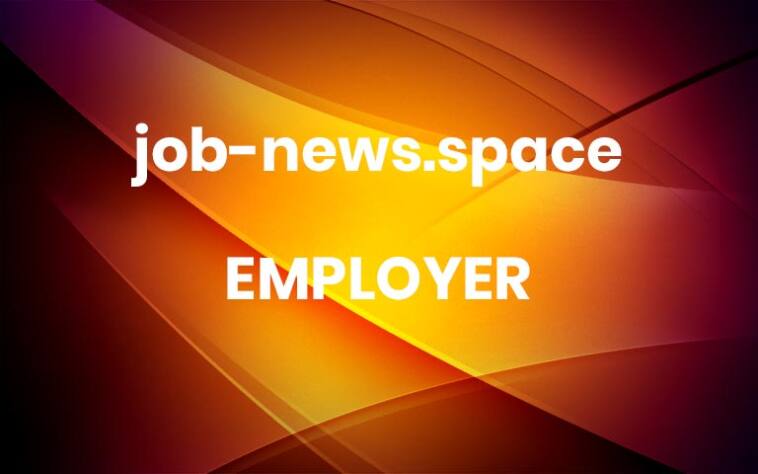A Capital One recruiter’s 3 networking tips for students
You’ve found the dream job or internship. Whether or not you know someone at the company, it’s in your best interest to invest time in connecting with folks working there; it could be a difference maker in landing a new career opportunity. Chiara, a recruiter for Capital One’s Students & Grads Programs, is here to … Continue reading “A Capital One recruiter’s 3 networking tips for students”
The post A Capital One recruiter’s 3 networking tips for students appeared first on Job and Internship Advice, Companies to Work for and More | WayUp Blog. More



